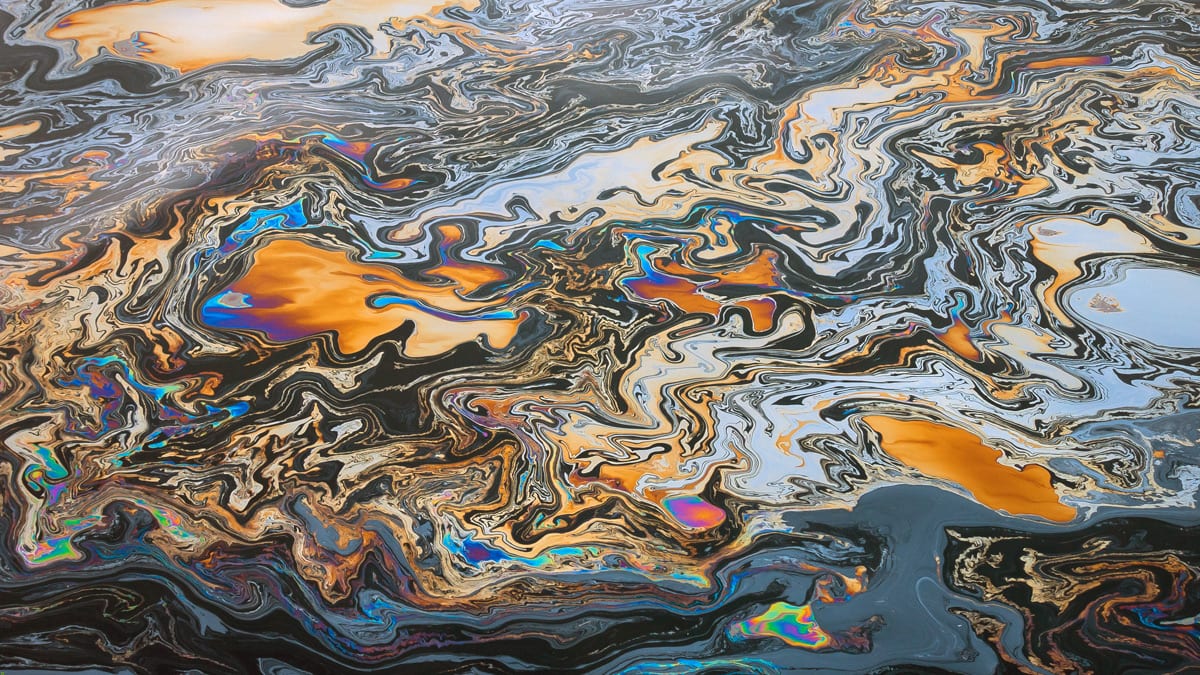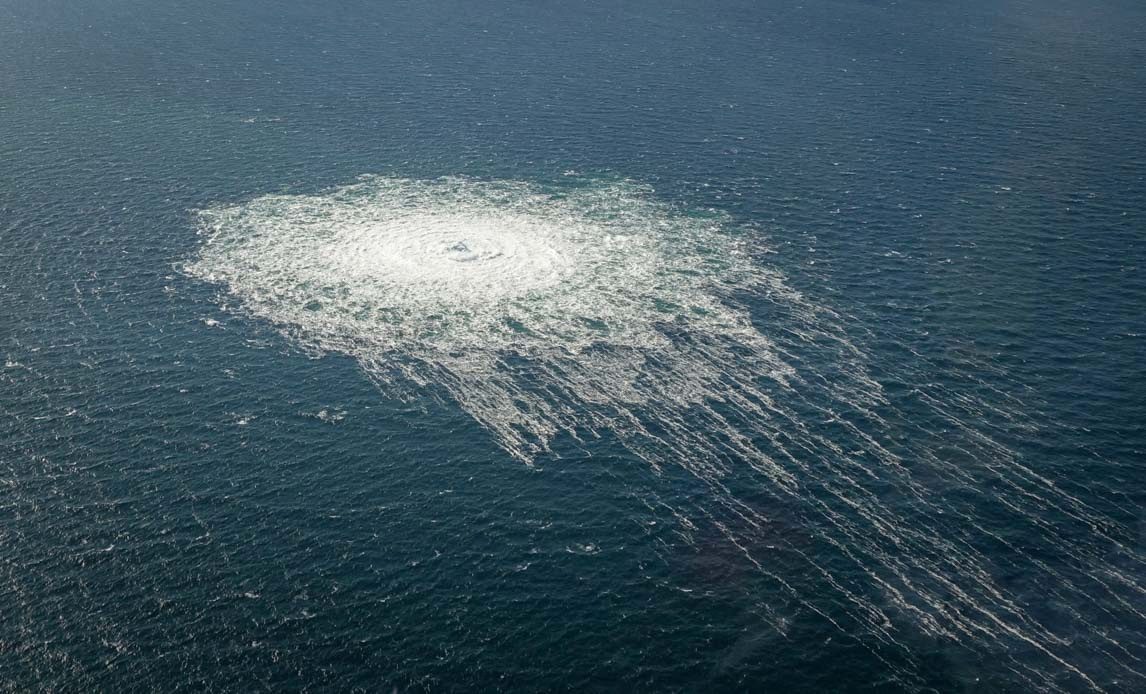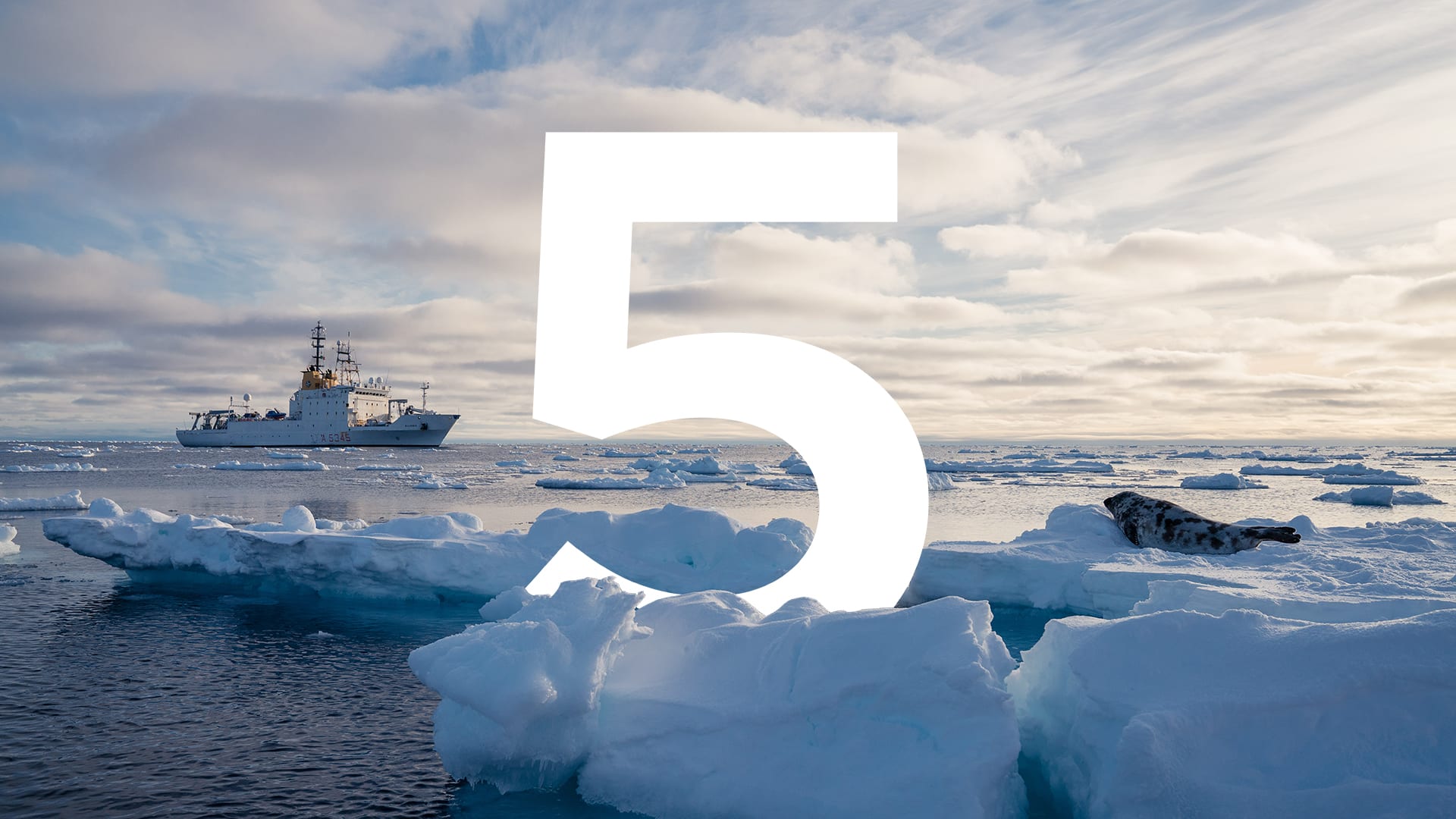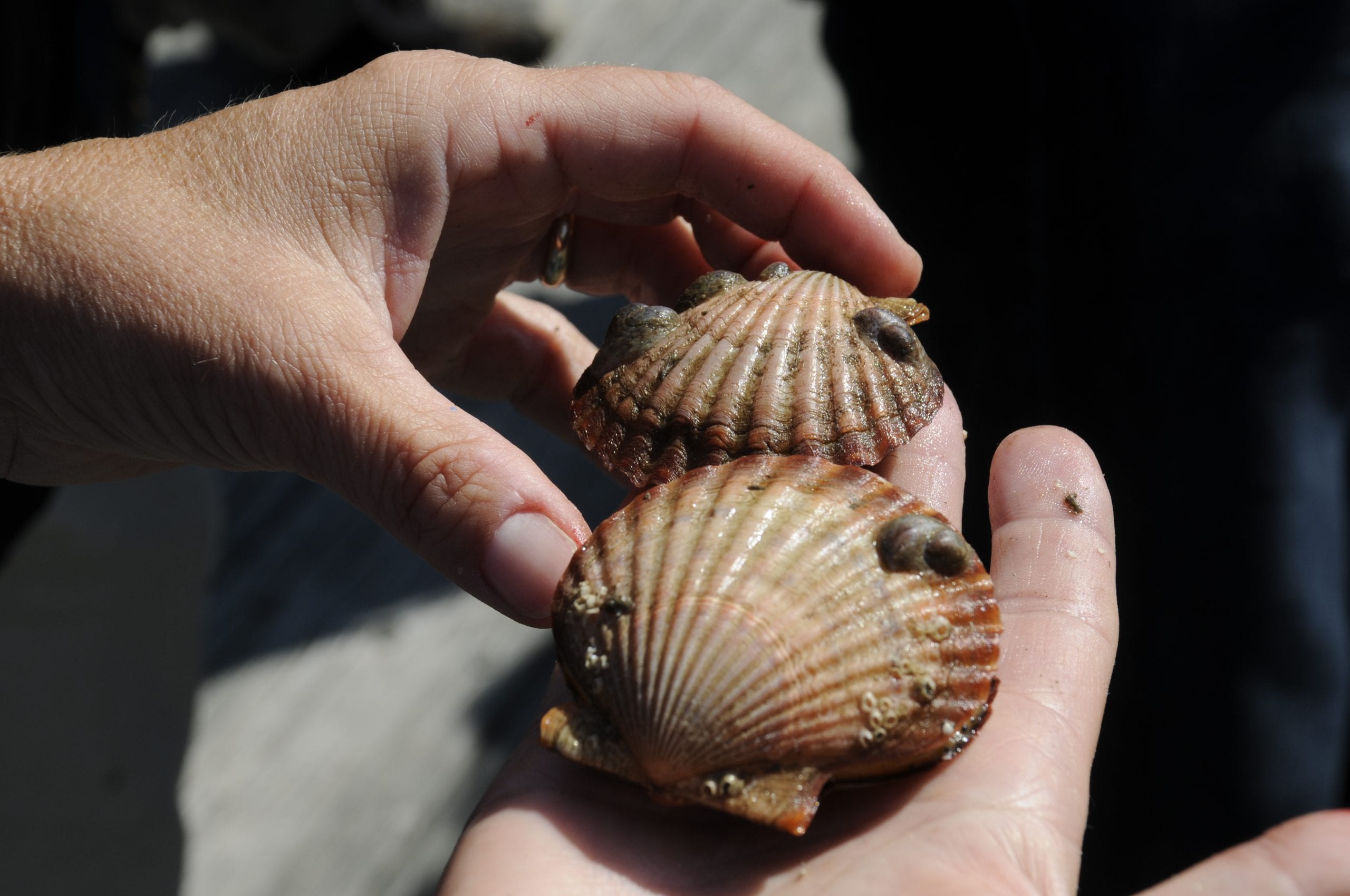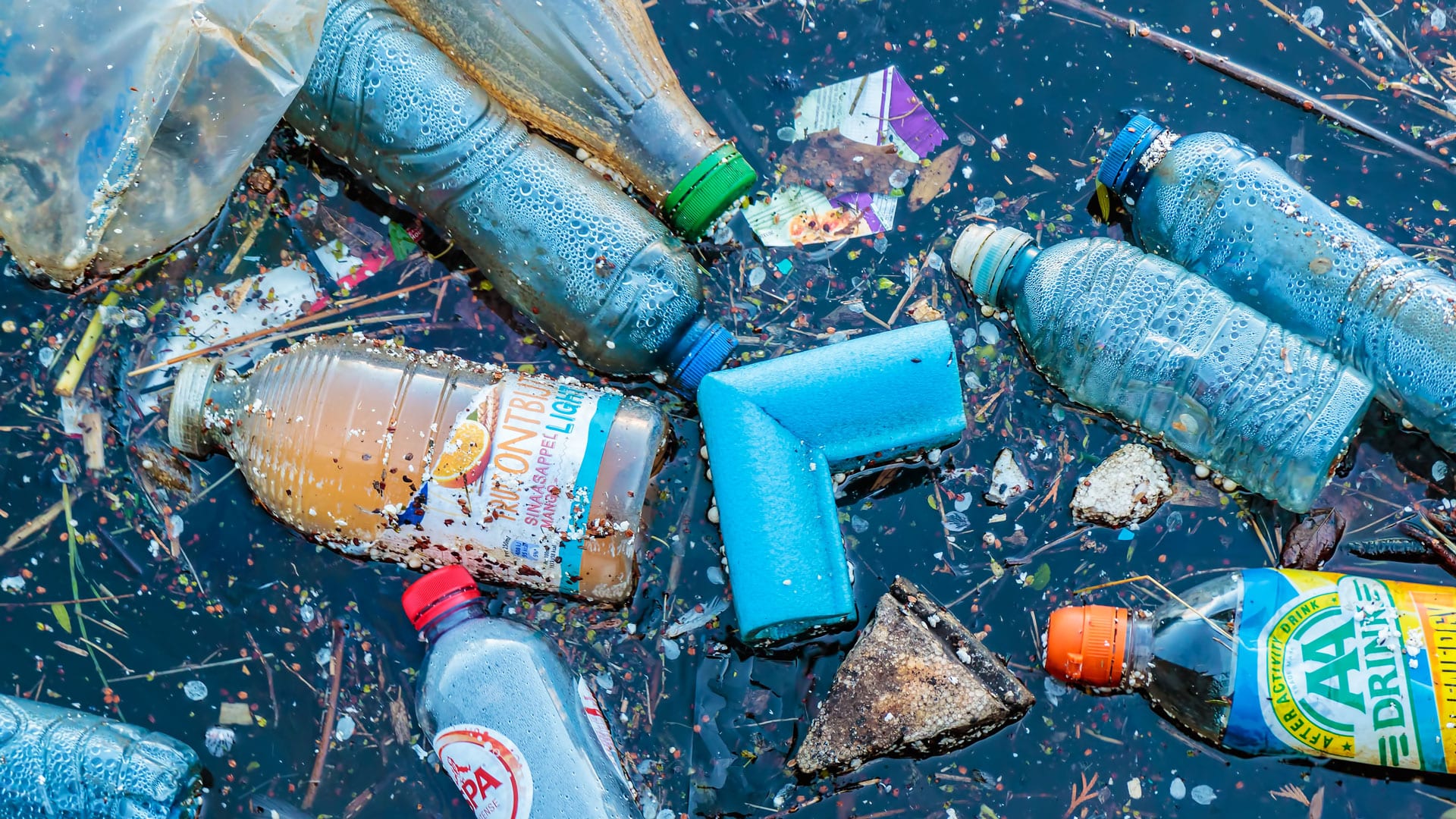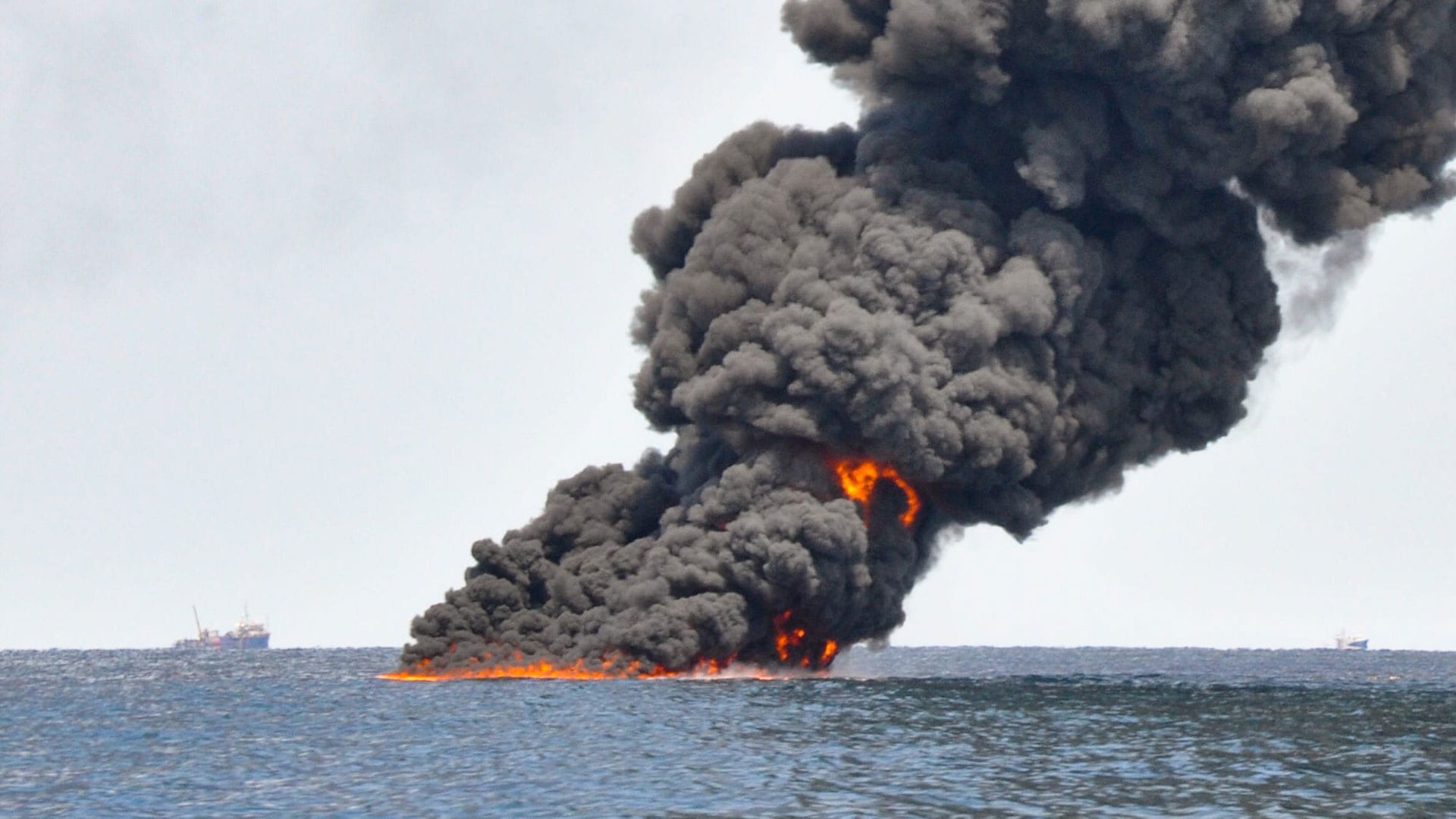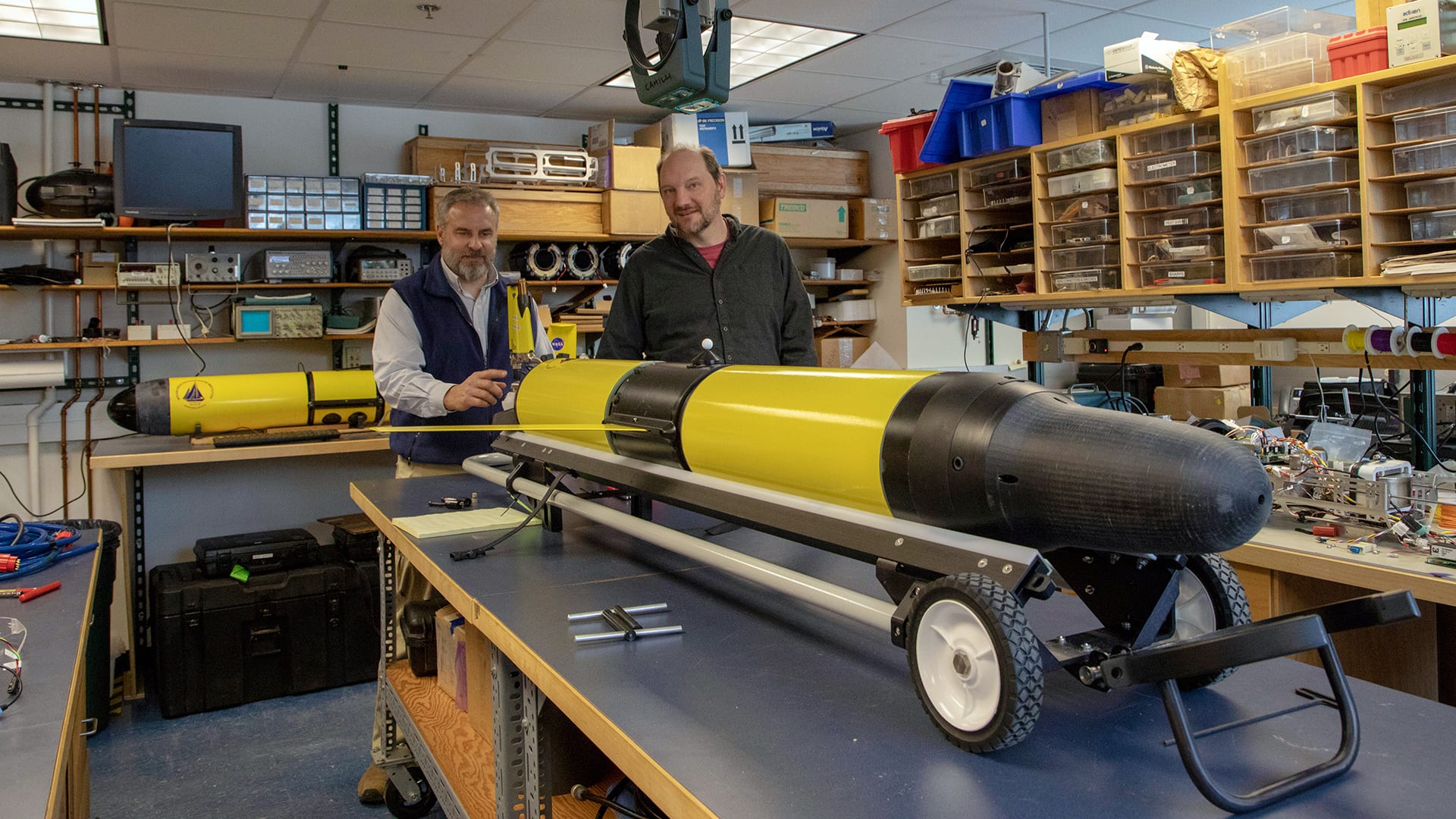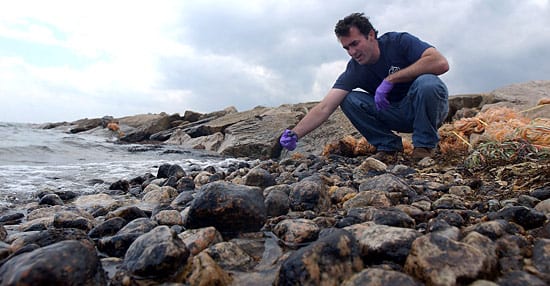News & Insights
The spread of plastics and oil in Sri Lanka from the wreck of M/V X-Press Pearl
On May 20, 2021, the cargo ship M/V X-Press Pearl caught fire off the coast of Sri Lanka. The container ship was carrying 78 metric tons of a material known as plastic nurdles. What happens now?
Read MoreFifty years later, the West Falmouth oil spill yields lasting contributions to remediation efforts
After 175,000 gallons of oil spilled from a barge that ran aground along West Falmouth Harbor, the contaminant has all but disappeared, save a small marsh inlet that continues to serve as a living laboratory for scientists at Woods Hole Oceanographic Institution.
Read MoreHearing On “The BP Oil Spill: Human Exposure and Environmental Fate”
Christopher M. Reddy, Ph.D., Associate Scientist, Marine Chemistry & Geochemistry, Woods Hole Oceanographic Institution June 10, 2010 Introduction Good afternoon Chairman Markey, Ranking Member Upton, and members of the Subcommittee.…
Read MoreRapid Response at Sea
As sea ice continues to melt in the Arctic and oil exploration expands in the region, the possibility of an oil spill occurring under ice is higher than ever. To help first responders cope with oil trapped under ice, ocean engineers are developing undersea vehicles that can map oil spills to improve situational awareness and decision making during an emergency.
Read MoreWhat happens to natural gas in the ocean?
WHOI marine chemist Chris Reddy weighs in on a methane leak in the Baltic Sea
Read MoreOcean science into action
From collaborations with fishermen to whale-sensing smart cameras, these five solutions-based stories will give you hope in 2021
Read MoreWHOI working to address ocean acidification; protect region’s vital shellfish industry
A new report addresses the impacts of ocean acidification in Massachusetts and New England coastal waters on the region’s vital seafood industry.
Read MoreHow Long Does Plastic Persist in the Ocean?
It can be hard to predict the average lifespan of plastics in the ocean when so many different types exist. WHOI chemists Chris Reddy and Collin Ward are working to simplify these predictions
Read MoreForged in fire: WHOI recalls the Deepwater Horizon crisis
It’s been a decade since the explosion of the BP oil rig in the Gulf of Mexico. Frontline WHOI scientists face unprecedented challenges when called to respond to the largest accidental oil spill in history.
Read MoreNavigating the Changing Arctic
New, fully autonomous glider will collect critical-but-scarce ice thickness measurements from below the surface of the Arctic ocean.
Read MoreFive Years After Deepwater Horizon: Improvements and Challenges in Prevention and Response
April 29, 2015 Christopher M. Reddy, Ph.D., Senior Scientist, Marine Chemistry & Geochemistry, Woods Hole Oceanographic Institution April 29, 2014—U.S. Senate Committee on Science, Commerce & Transportation Salutation Chairman Thune…
Read MoreDeep Sea Challenge: Innovative Partnerships in Ocean Observing
Dr. Susan K. Avery, President and Director Woods Hole Oceanographic Institution June 11, 2013 – Written testimony presented to the U.S. Senate Committee on Commerce, Science, and Transportation Subcommittee on…
Read MoreOversight Hearing on “Ocean Science and Data Limits in a Time of Crisis: Do NOAA and the Fish and Wildlife Service (FWS) have the Resources to Respond?”
June 15, 2010 Christopher M. Reddy, Ph.D., Associate Scientist, Marine Chemistry & Geochemistry, Woods Hole Oceanographic Institution June 15th, 2010—Subcommittee on Insular Affairs, Oceans, and Wildlife Committee on Natural Resources…
Read MoreHearing on Discharges Incidental to the Normal Operation of a Commercial Vessel
Christopher Reddy, Associate Scientist Marine Chemistry & Geochemistry Department Woods Hole Oceanographic Institution June 12, 2008 Introduction Good morning Chairperson Johnson, Ranking Member Boozman and members of the Subcommittee. Thank…
Read MoreChristopher Reddy, Marine Chemist
Oil spills are terrible for the environment, but they also provide an excellent opportunity to study how the ocean and its ecosystems respond to extreme events. Most people see a…
Read More


